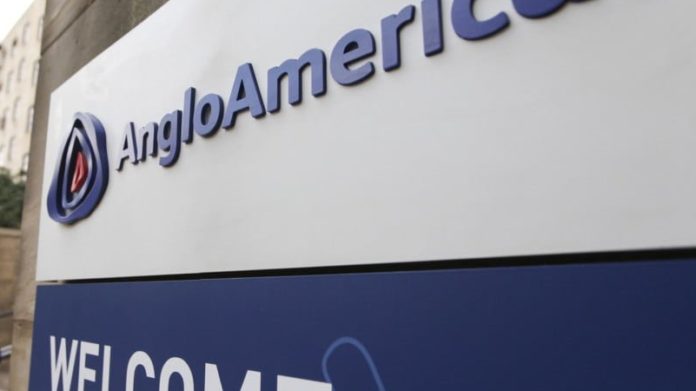
SOUTH Africa accounted for 55% of Anglo American’s full-year earnings in 2020, a development that harks back to when the group’s Johannesburg headquarters was mothership to a business empire.
In those days, the group was enmeshed with the South African economy, sporting interests in things as seemingly disparate as engineering, beverages, and media.
The reason for the recent earnings bias – normally Anglo derives about 30% to 40% from its South African businesses – was the strong price performance (and cost controls) of Anglo American Platinum (Amplats) and Kumba Iron Ore, separately-listed investments that still reflect the sprawling nature of the group’s past structure.
That structure was in the cross-hairs of analysts, however, following CEO, Mark Cutifani’s comments at Anglo’s year-end results presentation that the abolition of historic exchange controls by the South African National Treasury, in favour of the management of free-flow capital, had created a group with a single balance sheet.
Might Cutifani consider simplifying the group’s structure yet further, then? – an analyst asked. Modern investment tastes favour simple lines that are easy for generalist investors to absorb and appreciate. A similar argument was marshalled against mining giant BHP’s dual-listed structure by the activist fund manager, Elliot Group. Rio Tinto, another mining firm, has also wrestled with questions of structure.
In an interview with Miningmx, Cutifani said that deciding to ‘take out’ minority shareholders, who accounted for 20% of Amplats’s register and 30% of Kumba’s was a case of ‘damned if you do, damned if you don’t’.
At the time of the interview with Cutifani in February, the combined free-float of both companies was worth about R163bn which is a pretty penny to pay for the questionable benefit of cost savings (BHP argued that it was more costly to simplify its dual-listed structure). “We would be seen as over-paying if we did that now, but if we paid at rock-bottom there would be questions as to why do it,” said Cutifani.
“We always consider such things. But we would only do it if we saw value that perhaps the market hadn’t recognised,” he added. That’s a polite ‘no’, in other words.
Similarly, Cutifani doesn’t think it’s necessary to tamper with the Anglo American South Africa structure, a local company that is chaired by former Anglo non-executive, Nolitha Fakude. Cutifani says Rio Tinto, recently put its Australian business back at the centre of efforts to win over the trust of society disillusioned by its disastrous demolition of ancient Aboriginal caves.
In fact, Anglo’s structure may become slightly more complicated if it presses ahead with plans to demerge its South African thermal coal assets by means of a JSE listing.
Cutifani says the preference is to continue with the process of spinning out the 12 million tons/year business although he couldn’t entirely discount the possibility of a trade sale as suitors had emerged from the woodwork.











